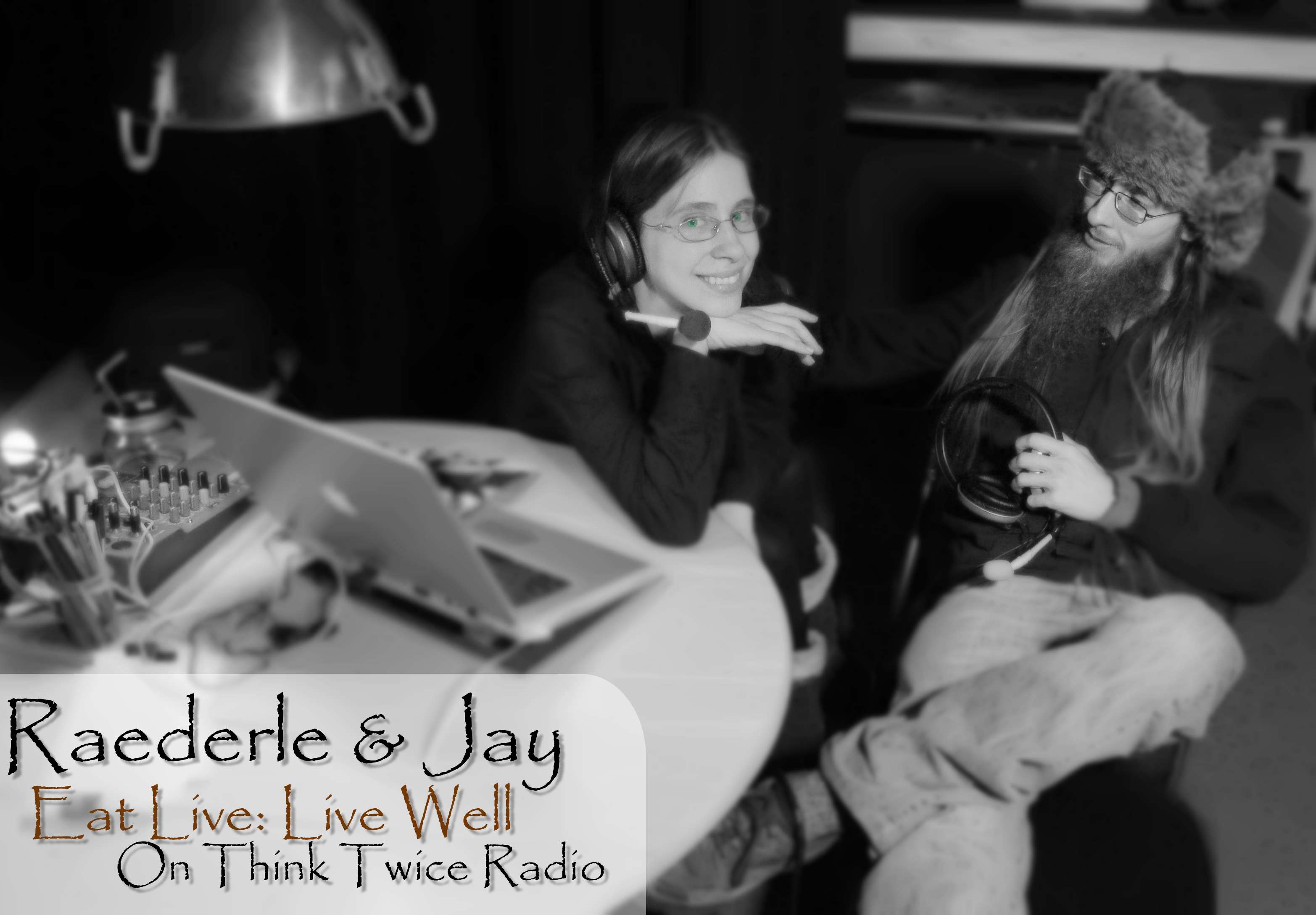Digestion
- 20 minutes: melons, fresh juice
- 30 minutes: high-water content fruits (oranges, apples, grapefruits)
- 40-60 minutes: dense fruits (bananas, pomegranates, figs)
- 1 hour: leafy greens (spinach, lettuce, kale)
- 2-3 hours: cooked starchy vegetables (yams, potatoes, carrots)
- 3-3½ hours: fatty fruits (avocados, olives, durians, coconut)
- 3-4 hours: cooked grains (rice, bread, quinoa)
- 4 hours: nuts and seeds (sesame, chia, almonds, walnuts)
- 4+ hours: diary, meat/fish, eggs, beans
- Time will vary depending on the health of your digestive system.
- These listed times are for a very healthy digestive system.
- When combining foods, the meal takes as long as the slowest digesting food, and then some.
- It is ideal for your stomach to be empty for at least an hour before eating, and before sleeping. This allows your hormones, such as insulin, to balance. Hormonal balance is essential for burning fat, building muscle, sleeping well, feeling energizes, having good skin, and for overall being healthy.
- This list is, at best, an estimation.
- Food can be stuck inside for up to three days in a broken-down-system. I've been there... It's no fun.
Digesting
Fats
- Fat takes a long time to digest.
- You do need fat to survive.
- Many raw-vegan recipes pay little to no attention to the amount of fat in the recipes.
Some
people, when transitioning, get trapped “in transit.”
Someone
might eat celery with hummus for breakfast, an almond-milk smoothie
for brunch, a fruit juice with a handful of nuts for lunch, a salad
with cold-pressed olive oil for a snack and then a guacamole with raw
chips for dinner followed by a rich cheesecake for dessert. This
could be an entirely raw vegan diet. One that is filling, full of
nutrition and delicious. But....
With
a diet like that, you'll get seventy percent of your calories
from fat – no kidding!
This
isn't bad thing if your coming from a diet of fast food, noodles,
breads, pastries, coffee, soda, black tea, candy, energy bars,
sugared cereals and deep-fried foods. Coming from a diet like that,
it's a tremendous accomplishment, and there will be
benefits.
However,
it should be transitional place. It's not a place to stay.
- It's okay if you need comfort foods.
- Honor yourself and listen to your body.
- It's not what you do once a month or once a week that defines you, but what you do every day.
- Raw food fats are good fats.
The
fat found in coconuts, avocados, nuts, seeds and other fatty fruits
such as olives and durians are healthy fats. They are
completely different than the fats found in animals (which are loaded
with toxins – as we discussed in our episode Toxicity &
Obesity).
Another
bad sort of fat is synthetic plastic-fats called “trans-fats”
that are in hydrogenated oils.
Margarine
is a solid block of hydrogenated synthetic fat.
Whole-food
plant-based fats are great for your brain health, nerve health and
skin health.
Getting
less than 9% of your calories from fat is very dangerous and can
literally cause brain damage.
You
want to aim for 10% to 40% of your calories to come from healthy
fats, leaning towards 15% to 25%.
- The average vegetable's calories come 10% from fat.
- The average fruit, not including fatty fruits such as avocados, is 4% fat.
- Most seeds and nuts are around 70% fat.
It's best if you can consolidate your fat to one meal during the day.
Feeling
“empty” in the stomach is a good feeling – that “light”
sensation.
For many people it is actually emotionally distressing.
Remind yourself that you're honoring your body by giving it a well-earned rest.
For many people it is actually emotionally distressing.
Remind yourself that you're honoring your body by giving it a well-earned rest.
- We often eat to cope with stress.
- The work of digesting can not take place simultaneously with strong emotions.
- You either stop digesting or you become somewhat emotionally numbed.
Stress
is an under-rated source of damage in people's lives.
If thinking about this is stressing you out, take a time out and relax.
Ease into consciousness about your food choices.
If thinking about this is stressing you out, take a time out and relax.
Ease into consciousness about your food choices.
Visit Raederle's website for more information.
If you have a heath or fitness question you'd like us to answer on the show, e-mail us your question at (with out spaces and such): r a e d e r l e at g m x dot c o m.

This comment has been removed by a blog administrator.
ReplyDelete